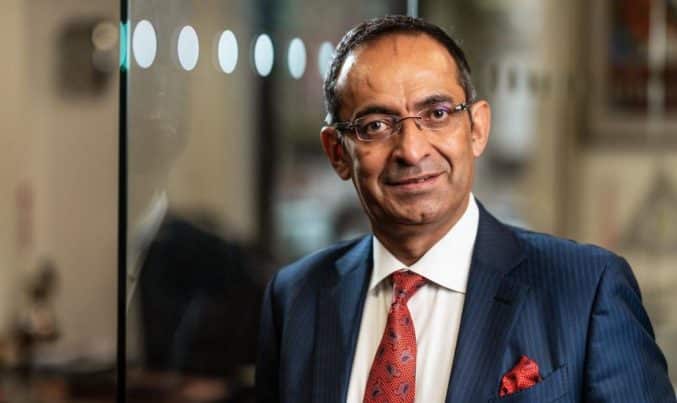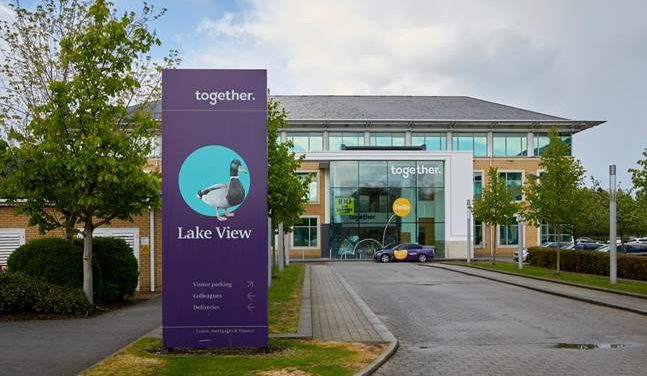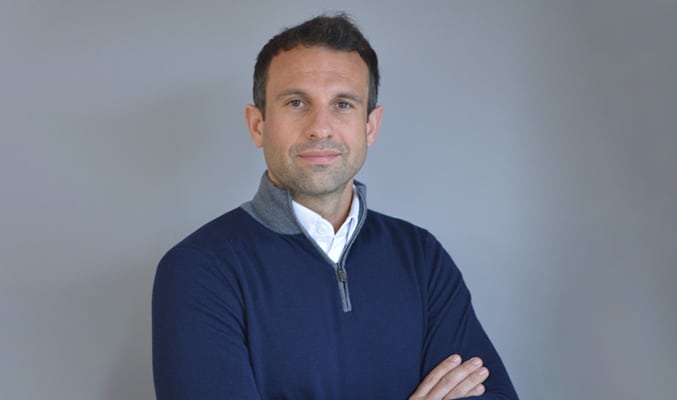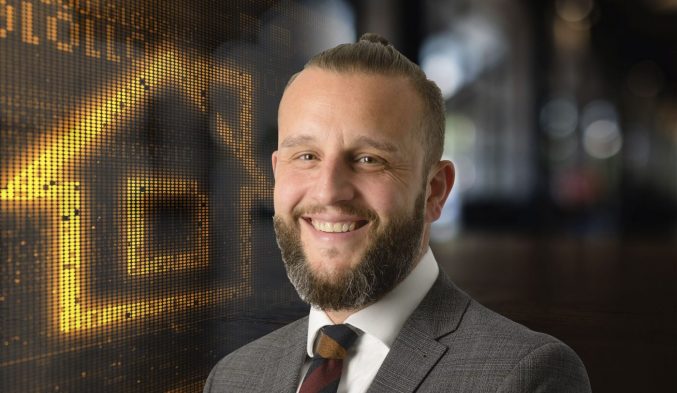‘Hard work pays-off, even when you don’t see the results directly or immediately’
By Tony Sanchez

In our latest Women in Finance Interview, Tony Sanchez speaks to Sabrina Warmerdam, case manager at Fiduciam.
After completing a bachelor’s degree in business administration, Sabrina started working at Fiduciam in February 2019 for their Dutch operation.
She is currently studying for a MSc in Finance at Cass Business School in the evenings and week-ends so that she is able to simultaneously continue her professional career in finance at Fiduciam.
What brought you into financial services?
I have always had an interest in the financial services industry. The more you learn about it, the more you realise there is even more out there to learn about.
I specialised in finance during my studies and then started my professional career at Fiduciam.
What do you think makes a successful leader? And in particular women leaders?
Mutual respect is key. In general, if a leader works hard for you or the team, you will want to work hard for the leader.
In my opinion, the gender of the leader should not make a difference here.
What are the biggest barriers you have faced in your career in financial services?
Entering the industry was hard as it attracts many fresh graduates and therefore there is fierce competition for a limited number of positions.
If you could tell your younger self one thing you know about business now, what would it be?
It is ok to ask questions, but be specific. However, it’s always better to try to figure out the answer yourself in the first instance.
What’s your own personal mantra?
Hard work pays-off, even when you don’t see the results directly or immediately.
What do you think is key for finding a successful work-life balance?
Having a moment each day where you don’t think of work at all, including no phone and laptop.
Read a book or do a workout, anything to really help you take your mind off work.
Also, trying to get enough sleep during the first half of the week so you build up some stamina to carry you through to Friday.
What advice do you have for women aiming for leadership positions?
The financial services industry is an ambitious industry to work in. Although it is still male-dominated, I am certain lots of opportunities exist for women wanting to build their careers in financial services.
There are many firms out there that have achieved good levels of gender diversity, on all levels of seniority.
What do you think is holding women back?
First of all, the perception that financial services is very much about numbers and calculus, which women often are less fond of compared to men.
Additionally, I think there is still a stigma around the industry; it’s male-dominated, its working days can be long and as a woman you may have to work harder to be recognised.
However, I think that some of this is a rather old-fashioned perception. Whether you’re male or female, if you work hard you will excel and all your hard work will pay off down the line; I am very convinced of this.
Do you think there is still a glass ceiling?
I am of the opinion that most of the glass ceiling is due to personal choices that women make in their careers.
In many positions you can’t become a leader if you’re working part-time hours. However, I take it as a personal challenge to find out whether the glass ceiling is actually still there.
So far, working in a rapidly growing company, I have not noticed one.
What are your thoughts on the Women in Finance Charter?
I think it is important that the Women in Finance Charter makes organisations aware of the differences but in the end, it comes down to individual companies being committed and making actual changes.
How do we encourage more women into financial services?
I think it’s important to first find out what is holding women back.
We cannot simply force financial companies to hire more women because of some quota. What needs to change is perception of the industry.
This perception runs somewhat behind of the facts and is very much based on how the industry is portrayed in the media and popular culture.
The real financial services industry of today, with all its variety, its advantages and diversity is not always fully appreciated by graduating women when they are looking for their first job.
Education could play a bigger role into encouraging women into the financial services industry.
This should start when young adults decide on what studies to pursue and a better understanding of the diversity within financial services is needed to help them make those choices.
The gender pay gap is only second worst to the construction industry. What can organisations do to address this?
I think men and women should get the same opportunities within organisations based on their skill-set rather than on gender and be paid based on their performance.
The salary only reflects a part of this and I think part of the pay gap is due to negotiating skills when salaries are determined; men are generally more vociferous in negotiations.










You must be logged in to post a comment.